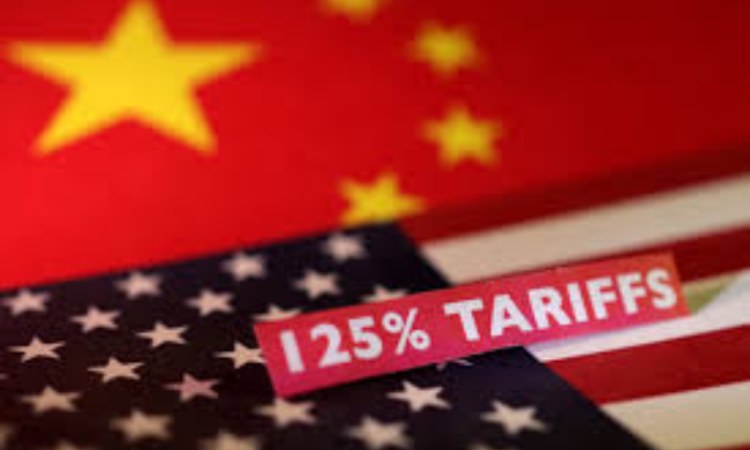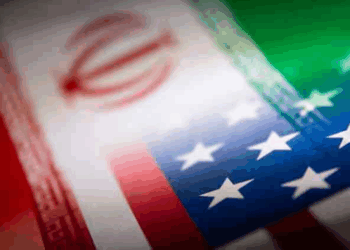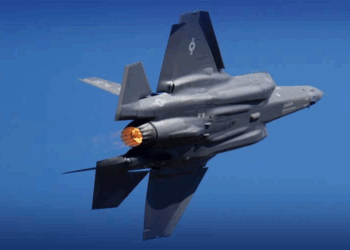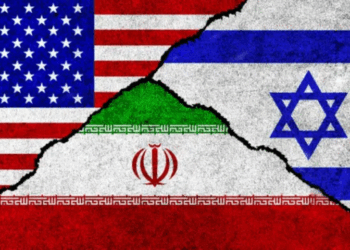Beijing, April 11, 2025: In a major escalation of the ongoing trade war, China announced a steep hike in tariffs on all U.S. goods to 125%, up from 84%, effective Saturday. The move comes in direct response to the United States’ decision to raise levies on Chinese imports, and marks the highest tariff level imposed by Beijing to date.
The new rate brings China’s tariffs in line with what it calls a “reciprocal” response to American duties. However, Chinese officials signaled that they do not intend to raise tariffs further.
“Even if the U.S. continues to impose higher tariffs, it will no longer make economic sense and will become a joke in the history of the world economy,” said China’s Ministry of Finance in a statement.
“There is no market acceptance for U.S. goods at these rates. If the U.S. continues to play this numbers game, we will ignore it. But if Washington substantially infringes on China’s interests, we will counterattack resolutely and fight to the end,” the statement added.
Global financial markets reacted swiftly to the announcement. Both the S&P 500 and Dow Jones Industrial Average fell in pre-market trading, extending a week of volatility. The U.S. dollar also slipped nearly 2% against the euro.
Earlier this week, President Donald Trump announced a 125% tariff on Chinese goods, excluding China from a 90-day pause on broader tariffs implemented under his “Liberation Day” trade initiative. Although a 10% baseline tariff remains for most affected countries, China received no such reprieve.
“Based on the lack of respect that China has shown to the world’s markets, I am hereby raising the tariff charged to China… to 125%, effective immediately,” Trump stated via social media.
The president’s partial rollback of tariffs came after a sharp stock market downturn and a spike in bond yields, prompting concerns over rising U.S. borrowing costs. Some analysts have questioned whether Trump’s trade policies are threatening the global perception of U.S. Treasuries as a safe-haven asset.
“I thought people were jumping a little bit out of line,” Trump told reporters. “They were getting a little bit yippy, a little bit afraid.”
With the economic standoff intensifying, China is actively seeking international allies. Premier Li Qiang has spoken with European Commission President Ursula von der Leyen to discuss the crisis, though some countries remain hesitant due to past tensions with Beijing.
At a press briefing, Foreign Ministry spokesperson Lin Jian criticized the U.S., stating:
“A just cause receives support from many. The U.S. cannot win the support of the people and will end in failure.”
China remains one of the largest holders of U.S. debt, with around $759 billion in U.S. Treasury bonds, second only to Japan.
Trade between the U.S. and China reached $700 billion in 2024, underscoring the deep interdependence of the world’s two largest economies. Analysts warn that further escalation could significantly disrupt global supply chains and economic stability.








